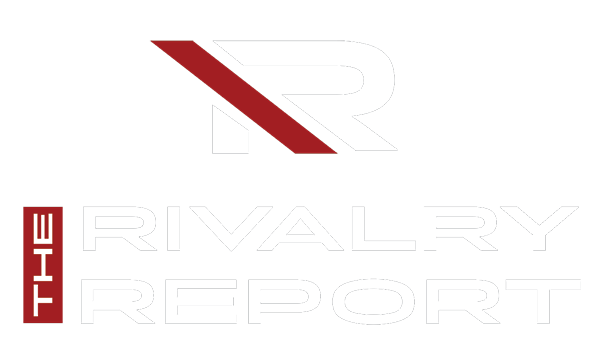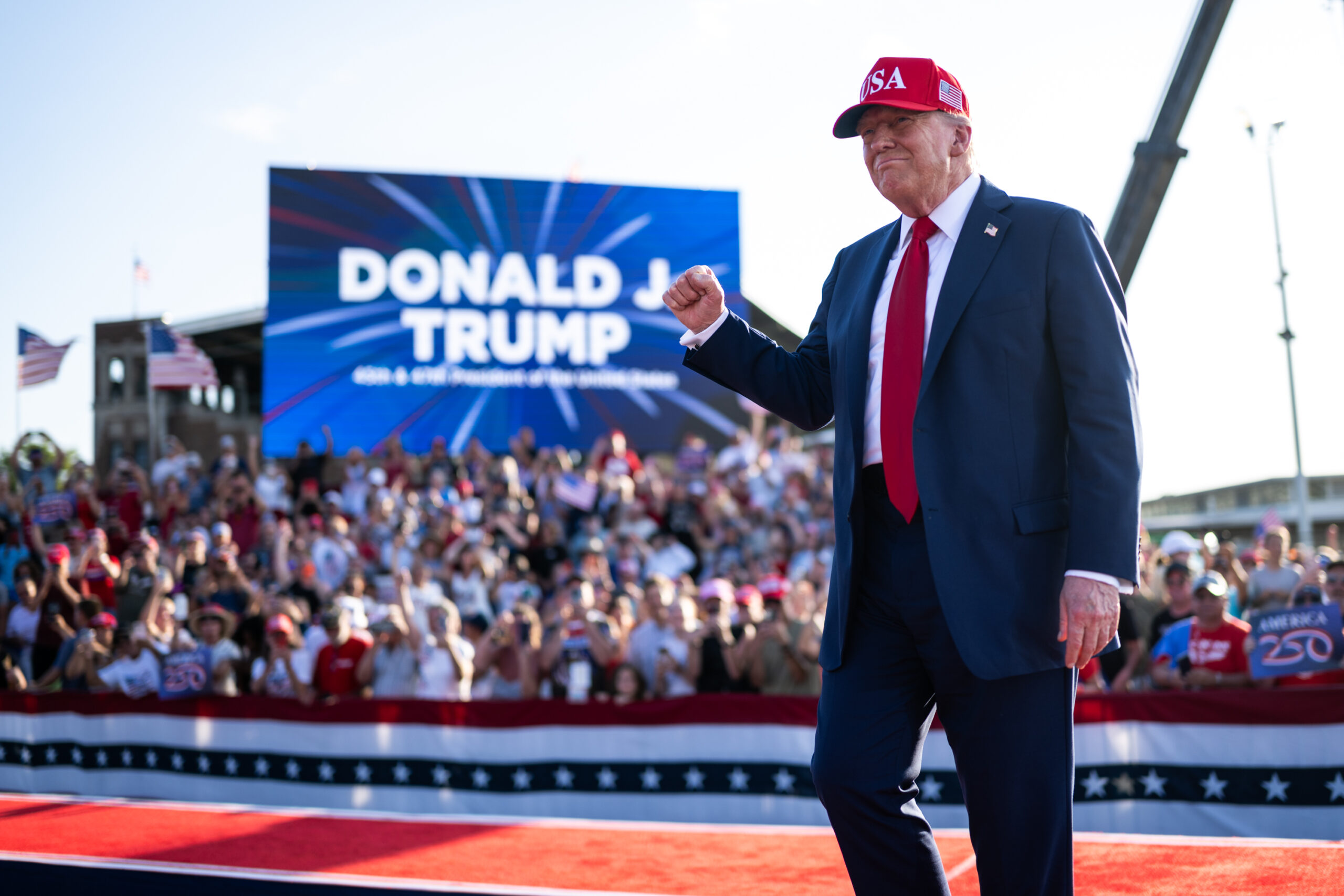President Donald Trump plans to sign an executive order establishing national standards for college athletes’ Name, Image, and Likeness (NIL) deals. The presidential directive aims to bring uniformity to what’s now a patchwork of state-level regulations.
Since 2021, states have enacted diverse NIL laws letting athletes monetize their personal brands. That has led to uneven competition among schools.
The Republican-controlled House introduced the SCORE Act (Student Compensation and Opportunity through Rights and Endorsements) last week, aiming to craft federal NIL rules — a move aligned with Trump’s pending executive action.
Nick Saban — iconic Alabama football coach — and outgoing Senator Tommy Tuberville (R-Ala.), a former Auburn coach, reportedly urged Trump in private meetings to regulate NIL, aiming to restore fairness and reduce imbalance among college programs.
As CBS News reports:
Trump has shown a keen interest in college athletics in the early months of his second term. In May, reports emerged that Trump intended to create a college sports commission, headed by prominent Texas Tech booster Cody Campbell and legendary former coach Nick Saban, that would investigate pressing issues such as NIL reform; however, the White House put those plans on hiatus. A completely unrelated College Sports Commission (CSC) was created in the wake of the House v. NCAA settlement, which opened the door for athletes to profit off of revenue sharing.
The CSC, in partnership with consulting firm Deloitte, launched an online portal called “NIL Go,” where athletes can report third-party NIL deals to ensure that they match “fair market value” and include a valid business purpose based on an actual endorsement.
Currently, federal orders can guide agencies and set enforcement priorities, but they cannot override state laws or judicial rulings such as the House v. NCAA settlement .
Critics argue an order may spark legal chaos, potentially clashing with Title IX and state labor statutes — and might not deliver lasting stability.
NCAA President Charlie Baker welcomed the move, emphasizing that consistent eligibility standards are far preferable to today’s patchwork system. The NCAA now plans to align its policies with the order — a significant step toward federal leadership on one of college sports’ most complex and contentious issues.

